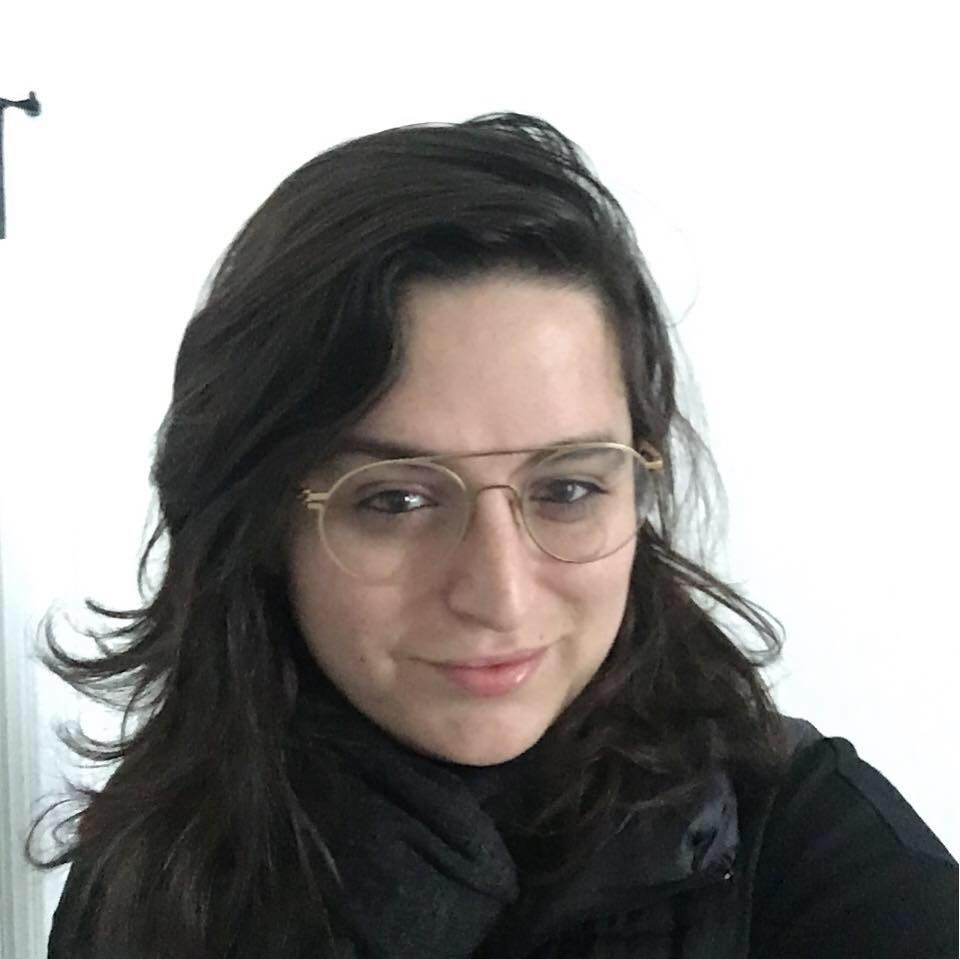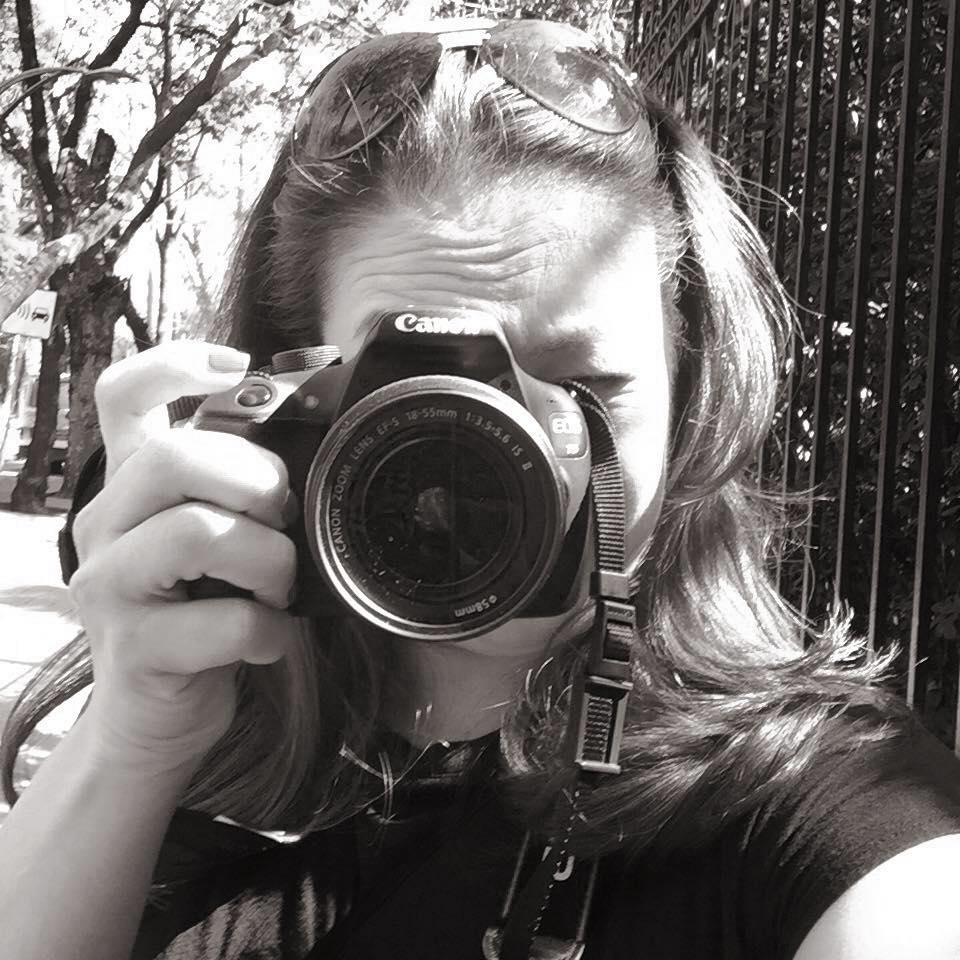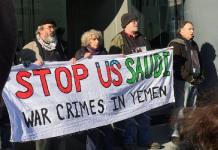

Photo: Paola Villarreal
When Annie Dookhan was arrested in 2012, accused of fabricating evidence and altering drug samples, she had been involved in more than 24,000 alleged drug cases where thousands of people had been wrongfully convicted, according to the ACLU of Massachusetts.
A statement released by the Civil Liberties organization claims that, “for years, state drug lab chemist Annie Dookhan was allowed to falsify and fabricate evidence, causing tens of thousands of people to be convicted of drug crimes based on tainted evidence and fraud.”
On April 19, in a historic decision by the Massachusetts Supreme Judicial Court, 21,587 of those convictions were dismissed thanks, in part, to the work of civic technologist Paola Villarreal.
Villarreal, 32, used her programming and data analysis skills to assist the lawyers in Bridgeman v. District Attorney, and significantly influenced the decision of the court to dismiss those cases. According to Villarreal, it was thanks to the use of “open data” scattered in different government databases that she was able to make a lifetime difference for the thousands of people involved in this historic case.
“My motivation was thinking that I was not dealing with numbers,” said Villarreal, “but that people’s lives were behind all that mess, and we could help them.”
David Colarusso, staff attorney and data scientist for the Committee for Public Counsel Services, worked with Villarreal during the litigation. He explained that for the court to dismiss thousands of cases, it needed to know the seriousness of the situation, including the balance of convictions for dealing drugs versus those of users caught with drugs for their own use.
“What Paola did was pulling out numbers and trying to explain how many of these were convictions on straight possession versus distribution,” said Colarusso.
Villarreal has worked for almost 20 years as a self-thought system programmer and data scientist. She dropped out of school when she was 14, despite her parent’s opposition, remembers Villarreal.
“They tried to convince me not to leave my studies,” she said. “I did one year of high-school and failed every single subject, except computer science. That one I actually got an A+ because I created a small program for the school professors who did not know how to use Linux.”
From that moment on, Villarreal said, she was certain that school was not for her, and went from working part-time to full-time right away.
“The truth is I didn’t like school, and I had a lot of work at work,” she said. “It made a lot of sense for me to leave school because I dedicated myself to doing what I really like.”
For over a decade Villarreal was her own boss. She founded her own consulting firm and was doing everything from server maintenance to web design and programming. She was also a consultant for private companies and government agencies, advising them on web security and hack prevention and recovery programs.
Her reputation got her a position in the administration of former Mexican president, Vicente Fox, as well as the current mayor, Miguel Angel Mancera, in Mexico City.
“It all happened very organically,” said Villarreal.
At 13, she joined a community of programmers on the Internet. The people in this chat room created the program they were using to communicate among themselves, so they could modify it as they saw fit. Villarreal wanted to make some changes to the program and quickly realized she had a special ability to understand the rules and logic of computer programming, she said.
“I just wanted to add more colors to the chat, and instead of having them do it, they gave me the tools to do it myself,” said Villarreal. “And that’s how it all started!”
In 2015, she was granted a Mozilla fellowship, through the Ford Foundation.
“The premise of my project was how technology and open data can help the work of a human rights and civil liberties organization.”
Villarreal believes these two elements can help society have a more effective government. “In my opinion, data and technology are the lubricant for the gear that Mexico, and the world in general, need.”
During the Mozilla fellowship, Villarreal worked closely with the ACLU of Massachusetts and the Committee for Public Counsel Services, to disentangle the database containing the more than 24,000 cases involved in Bridgeman v. District Attorney.
“When people think of the Bridgeman case, they do not think of data,” said Colarusso. “If anything, they would think of the need to have a chemist in our team. But this is a case involving thousands of people and the information was lying all over the place in the DA’s files.”
Colarusso and Villarreal, agree that it was not the sophistication of her work what made it difficult. Collecting data from eight different counties, each with a very different database was what made this job dreary.
“There were many variables, too much data, and what I did was consolidate it in a single place that allowed me to manage the information to obtain statistics, averages, and make groups,” said Villarreal. “All this in collaboration with lawyers who could now have concrete data and percentages of the different types, and severity of cases in which Dookhan participated.”
Adriana Lafaille, attorney on the ACLU team, refers to Villarreal’s contribution to the case as “extraordinary.”
“She allowed us to bring facts before the court,” said Lafaille. “The kind of analysis Paola was doing for us, there was just no way that anyone could do that manually.”
Villarreal likes to call herself a “civic technologist” and she believes there are not enough computer scientists working on social causes.
“I have seen first hand the difference [data analysis] makes in how justice is delivered, as well as how it is accessed by those who need it most,” said Villarreal.
Most people with these skills prefer to work for the government or the private sector, and of course the difference in pay is huge, she said. But for her, there are other gratifications in working with non-profit organizations.
“Just like I believe in open-source-software and open data, I also believe in open governments,” said Villarreal, “I could be selling advertising on Google, making a lot of money, but I would not have the satisfaction of knowing that I was able to help release someone who was wrongfully convicted.”
About Me: https://about.me/aleyda.villavicencio
Twitter: @aleydag
FaceBook: Aleyda Villavicencio
Blog: http://milunitatucumana.blogspot.com








